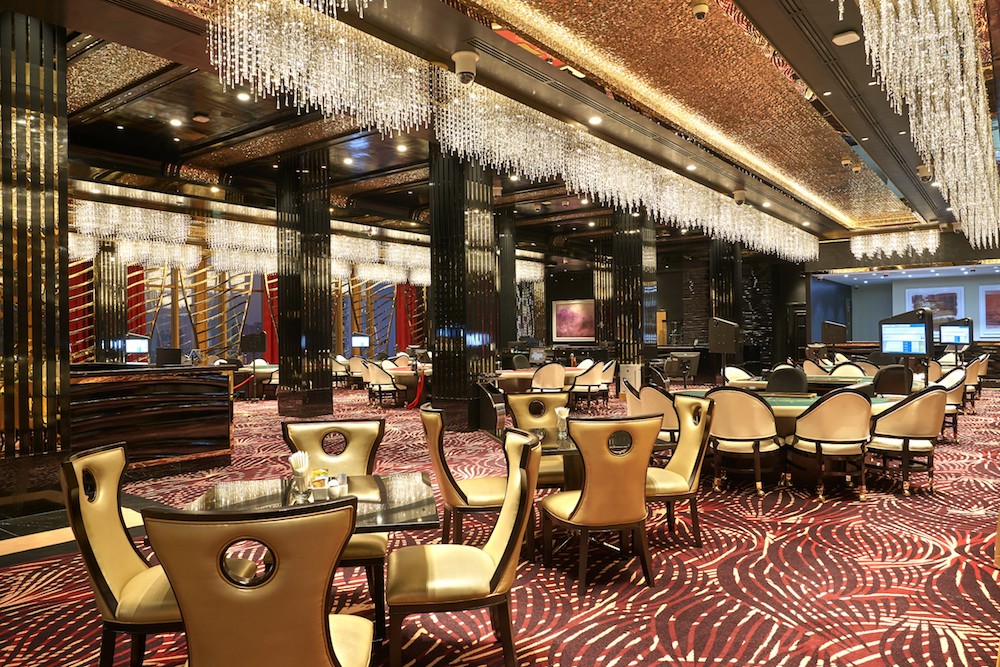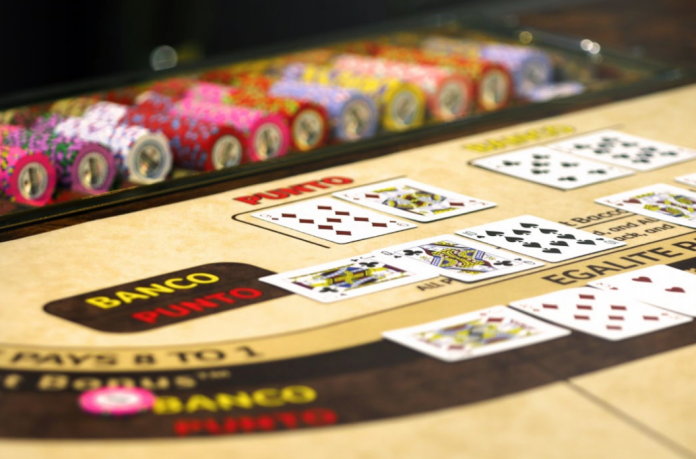
António Lobo Vilela
António Lobo Vilela is a lawyer based in Macau and the author of the Macau Gaming Law Book
The (official) indictment against Suncity’s CEO, Alvin Chau Cheok Wa (and twenty other Suncity middle and senior management) for allegedly committing various crimes, ranging from criminal association to illicit gambling, fraud, and money laundering, is now known.
The trial is scheduled to begin on September 2 if the “dynamic zero” (or, at the time, perhaps the “modified zero” or the “zero that is not zero”) allows it.
The case, which was born crooked (Macau police authorities arrested Alvin Chau on a Sunday, immediately after it was made public that the Wenzhou city authorities had issued a warrant for his arrest, allegedly for cross-border gambling activities), threatens to turn into a Távoras Affair(*) with the ‘execution’, this time public, of the gaming promoters as we know them. The trend seems clear if we pay particular attention to the content of the new draft regime that will discipline the gaming promotion activity and the gaming promoters. The government decided to play the devil, tearing the gaming promoters to ribbons.
It stands out from the indictment, namely due to its length (575 articles from a total of 859 indictment articles), the “discovery” by the Macau authorities of alleged side-betting activity, which (no less) translates into an apparent lack (of capacity) of supervision by the Macau authorities and, to a certain extent, by the gaming operators where Suncity’s VIP rooms were located.
Not to mention the suitability verification processes completed over the past 15 years, never have the internal audits that the Gaming Inspection and Coordination Bureau (DICJ) has been launching since February 2016, nor the on-site evaluations conducted or the standards for accounting it has imposed on gaming promoters by an October 2015 instruction managed to detect any of the 62.588 times that Suncity alone, from 2014 until March 2021, allegedly practiced side-betting.

It should be noted that the Macau government mandatorily checks the suitability of gaming promoters every three years or every six years depending on whether the gaming promoter is an individual or a commercial company. In addition, the internal audits DICJ has been launching since early 2016 were aimed at “facilitating a more comprehensive evaluation of the operational situation of these professionals and their compliance with the legal rules,” as stated in the Government Public Policy Address for 2016, and to “serve as a reference, among other things, for the procedure of renewing gaming promotion licenses,” according to the news at the time.
Not even the hundreds of gaming inspectors stationed 24-hours at the casinos “saw” any side-betting activity.
The scale of the alleged side-betting is so large – HKD 823.7 billion (USD 102.6 billion) converted into gambling chips that generated an illicit profit of HKD 21.5 billion (USD 2.74 billion) – that the DICJ estimates HKD 8.26 billion (USD 1.05 billion) did not enter the public coffers as the special gaming tax. And the indictment only deals with events that occurred after 2013 and until March 2021 and only refers to one – albeit the biggest – gaming promoter.
Side-betting is not new in Macau. Already in October 2008, an article by Lee U-wen published in The Business Times referred to it as a rampant practice in Macau “often carried out right under the nose of the casinos,” stating that “[i]ndustry estimates have suggested that side-betting (…) has cost Macau casinos over HK$100 billion [USD 12.74 billion] (…) in winnings and HK$ 40 billion [USD 5.09 billion] in tax revenue over the past five years [2004-2008].”
The issue is also touched upon in the 2016 Mid-term Review Report, stating that side-betting is the “most frequent mode of illicit gambling at an authorized venue.”
Side-betting is an agreement between the gaming promoter and a player governing the bet amount. The parties agree that the amount of the chips played is to be multiplied by a certain number or that bets are placed in a different currency than the chips played. It was born of a practical necessity, linked to the gaming promoter’s credit limits, the problems associated with debt collection in Mainland China (a jurisdiction where one cannot lawfully collect a gaming debt), and the fact that Macau does not allow any offset of uncollectible gaming debts. Side-betting evolved and became more and more sophisticated over time (indeed) for its profits.
According to the indictment, the alleged loss to casino operators amounts to HKD 2.28 billion (USD 290 million). Given the nature of the special gaming tax, it remains to be seen whether, once side-betting and the resulting loss to the Macau SAR are proven, casino operators will not be called upon to pay the special gaming tax due for under-the-table gambling activities because they are the ones responsible for its payment and of the joint and several liabilities to the government for the activities carried out in casinos by gaming promoters. In cold blood!
(*) The Távoras Affair was a political scandal in the 18th-century Portuguese court. The events triggered by the alleged assassination attempt of King Joseph of Portugal in 1758 ended with the public execution of the entire Távora family and its closest relatives in 1759. Some historians interpret the incident as an attempt by then prime minister Sebastião de Melo (later Marquis of Pombal) to curb the growing power of old aristocratic families (Wikipedia).
























